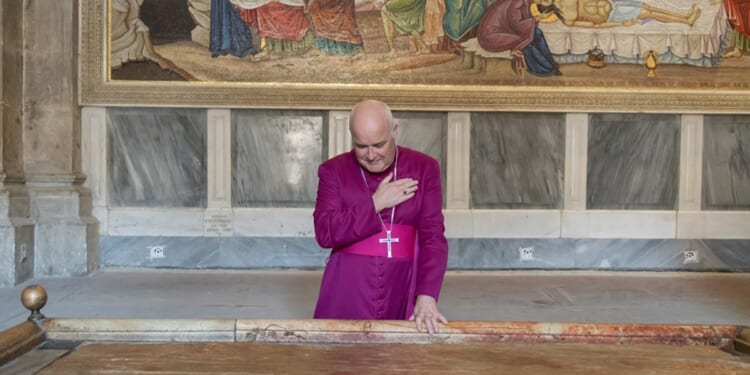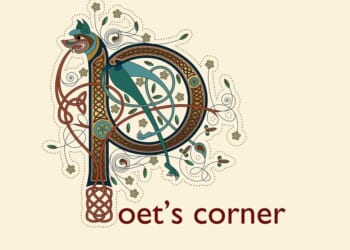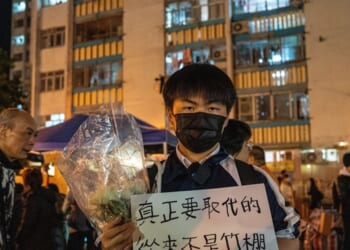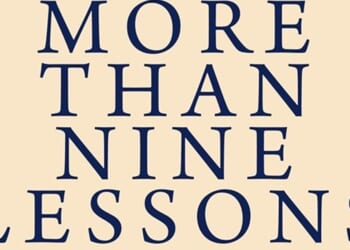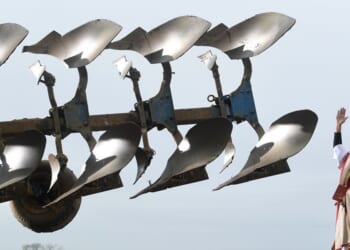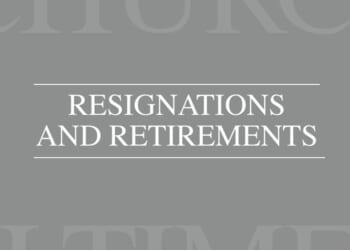ISRAEL has committed “genocidal acts” in Gaza, and the situation in the occupied West Bank amounts to “apartheid” and “ethnic cleansing”, the Archbishop of York has said.
Archbishop Cottrell used the terms in an interview with the Church Times on Monday evening, and repeated them in an address to a gathering of aid organisations on Tuesday morning.
“It gives me no joy whatsoever to use these words,” he said on Monday. But after his visit to the region last week, he had been left wondering, “what other words do you use” to describe the situation in the West Bank?
“What’s happening in the West Bank is not what happened in South Africa, but you’re left thinking: what other language do I use to describe such a two-tier system where one group of people is so persistently and systematically denied their human rights and having to live a parallel life?”
He continued: “What is happening is deliberate and systematic, persistent and intentional, and its impact is devastating.”
While in the West Bank, Archbishop Cottrell was confronted by heavily armed settlers in the village of Umm al-Khair (News, 8 November). The people there were being “literally squeezed out by settlers, first of all splitting in half the village, then surrounding the homes of Palestinian people”, he said. “How do you describe the impact of that except by using phrases like ethnic cleansing?”
On the possibility of receiving criticism for the escalation in his use of language, Archbishop Cottrell said that he hoped that people “will not misuse and weaponise the words I’ve used”. “I want to be very clear that these are the policies of the Israeli state. This is not about Judaism. It’s not about Jewish people. It’s about the state’s actions and policies which the international community must challenge.”
He described the actions of the Israeli military in Gaza as “genocidal acts”, rather than genocide. “These appear to be deliberately indiscriminate acts,” he said, but stopped short of using the more general term.
“When hospitals and schools are targeted, when children are targeted . . . I wonder what other language we use to describe what is happening. And again, I make it clear that this is the actions of the Israeli state, and for people of faith — be they Jewish people, Christian people or Muslim people — we must find a way for people to live in peace with one another.”
Achieving this was only possible by being “painfully honest about what is actually going on”, Archbishop Cottrell suggested.
The decision to use more robust language to describe the situation in Palestine came from a struggle to “bring home the horror and the reality” of what was happening, and a recognition that language “can have an impact”, Archbishop Cottrell said.
The terms he used were, to an extent, guided by conversations that the Archbishop had had during his visit — in particular a meeting with the organisation Rabbis for Human Rights. The Israel-based organisation, which counts some 170 rabbis among its members, is currently coordinating efforts to protect Palestinian famers from settler harassment and attacks as they take in the olive harvest.
Over dinner at St George’s Cathedral’s pilgrim guesthouse in Jerusalem, the director of partnerships for Rabbis for Human Rights, Anton Goodman, had explained that, “as a Jewish person, I have to take part in advocacy for human rights”. “We try to give Israeli society an alternative to hold on to,” he said, rather than contributing to the dehumanisation that occurs on both sides.
The presence of Jewish Israelis helping to secure the olive harvest for Palestinian farmers meant that Palestinian children in the West Bank saw another side of Israel society, Rabbi Goodman suggested, because, otherwise, the only Jewish people they encountered were settlers and soldiers.
“IT WAS a harrowing, horrifying, but also, in many ways, beautiful trip — beautiful because I met some amazing, faithful people,” Archbishop Cottrell reflected on Monday.
Asked which moment had stayed with him most strongly, he recounted a meeting with a group of Palestinian women who attend St Andrew’s, Ramallah, who read and presented a letter to him (News, 14 November).
“It was their dignity, their moral clarity, their passion, and the way in which they likened and told their story with the reference to the biblical story,” he said. Their plea to him to “tell the world what is happening” had influenced his decision to use the “right words” to describe the situation they faced.
In their letter, which Archbishop Cottrell said that he had reread “several times” since returning home, the women also called on the Church of England to embrace the Boycott, Divestment, and Sanctions (BDS) movement.
In July, a group Palestinian Christians criticised the decision by the business committee of the General Synod not to table a debate on Palestine based on a Carlisle diocesan-synod motion (News, 10 July). The motion calls on the Church’s investment bodies to review their policies, and to ensure that there is no investment in “any entity or corporation with a persistent, on-going, and direct business involvement in severe human rights violations or violations of international law as part of Israel’s military occupation”.
Asked whether he would support the Synod motion’s call for divestment, Archbishop Cottrell said that the “short answer” was “yes”, but “quite a bit of detailed work needs to be done on how that can be done and how it can be done effectively”.
He “expects” the Synod motion to be debated in 2026, he said, but he did not personally have the power to ensure that it was given space on the agenda.
On the current state of the Church of England, Archbishop Cottrell said that, although there were “profound disagreements”, he did not think that there were “huge divisions” — though he acknowledged that some might consider him “naïve”.
“We live in a world where disagreement often leads to division, and division often leads to conflict. I absolutely believe that the Church of Jesus Christ is called to tell a different story.”

